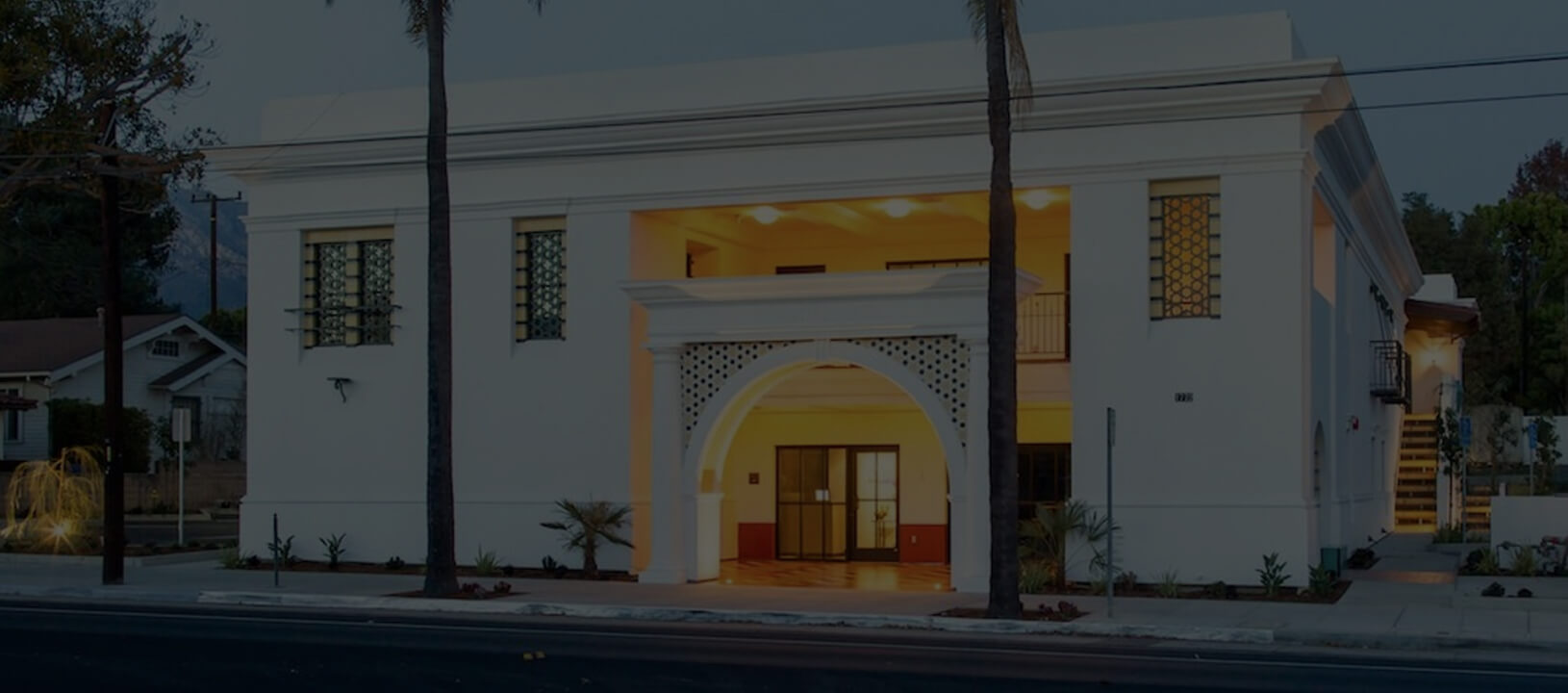Dr. Lowenstein:
We are here. Well, why don’t you guys introduce yourselves?
Kinsey:
I’m Kinsey.
Jill:
I’m Jill.
Dr. Lowenstein:
And Jill is Kinsey’s …
Jill:
Mom.
Dr. Lowenstein:
Mom. So Kinsey, tell me about how, what your life was two years ago, three years ago, five years ago, et cetera.
Kinsey:
So I started getting headaches when I was about in fifth grade. And then by the time I was in seventh grade, it was just every day. I missed so much school. I missed six weeks of school in the first half of the year in my seventh grade year. And I was just miserable all the time, 24/7. From when I woke up to when I went to bed, I had a horrible, pounding headache all the time. And we started going to see all these neurologists. They tried everything under the sun, Botox, Aimovig, you name it, all, everything.
Jill:
Everything.
Kinsey:
Yep. And finally, we were told off the record, maybe I shouldn’t include that, but to look into this surgery and it completely changed my life.
Dr. Lowenstein:
Oh, that’s … Those are nice words.
Kinsey:
Yes.
Dr. Lowenstein:
That’s good to hear. And how old are you now?
Kinsey:
I am 16 now.
Dr. Lowenstein:
And we just talked about this, but tell us about school, like where are you in school and …
Kinsey:
I’m great. Doing great. I’m going to be a senior next year. And school is going great for me. I can focus now. I can actually think about things, so.
Dr. Lowenstein:
And you got a lousy SAT score [inaudible 00:01:36]
Kinsey:
Yeah.
Dr. Lowenstein:
So you want brag, Mom?
Jill:
1500 baby.
Dr. Lowenstein:
Yeah. So it sounds like academically we’re exceeding and accelerating and doing great. And then from a perspective you want to …
Jill:
Yeah. The only regret I have is that we didn’t do it sooner. It changed her life. I watched her suffer for years, not being able to do anything, trying multiple hospitalizations, in-patient, every drug, everything, tried everything and nothing worked. And it was really hard. And I was scared because at that point, Dr. Lowenstein had only operated on one other minor who was, I think, 15 at the time. And Kinsey had the surgery the day after her 15th birthday.
Kinsey:
Yeah.
Jill:
I think.
Kinsey:
Yes.
Jill:
And yeah, it was scary. So my advice is to keep an open mind, do all the testing, make sure that it’s going to work for your child. And if it does, and Dr. Lowenstein thinks it’s a good idea, I have not regretted it for one second. We’re just so grateful. We got our daughter back.
Kinsey:
No, it really changed my life.
Jill:
Yeah.
Dr. Lowenstein:
Well. We always do. We did nerve blocks first to make sure that you got some relief, which is what we do as a screening test. And then, do you remember the details of the surgery? Do you remember …
Kinsey:
Well, it was a very nice experience. We can compare it to-
Dr. Lowenstein:
All right. Well, that’s the Versed talking, but okay.
Kinsey:
The … Yes, compared to the other surgery I got, it was way less terrifying. And everybody there was very nice. It wasn’t nearly as big of a deal as I thought it would be.
Dr. Lowenstein:
Oh, really?
Kinsey:
I got to go home after a few hours. So, it wasn’t nearly as bad as I thought it would be.
Dr. Lowenstein:
And now Kinsey is a young lady. But her scars have healed up really, really …
Kinsey:
Yes. No. I can’t even see them when I look for them.
Dr. Lowenstein:
So that’s great. And we are … How long now are we?
Kinsey:
It’s been probably almost a year and a half maybe.
Dr. Lowenstein:
Yeah. Great. All right.
Dr. Lowenstein:
Well, you’re one of my favorite patients. You did great. And it’s great to hear how you’re doing. I mean, just to get kids back at school.
Jill:
Yeah.
Dr. Lowenstein:
And back socially to a norm. And like we were talking earlier. So much of your childhood got usurped by-
Jill:
Yeah, it did.
Kinsey:
Yeah. No, I-
Dr. Lowenstein:
By headaches, right?
Jill:
At one point she even stopped going to school.
Kinsey:
Yeah, I stopped going to school. I stopped playing sports. I basically-
Jill:
It took away everything-
Kinsey:
… stopped doing everything.
Jill:
Violin, everything. It literally took everything from her to the point where we really had no other option. And I’m just grateful there was an option. And I think it needs to be talked about. People need to know about it. And people, parents need to know that it’s okay to consider it for their children. I really, really wish, like I said, that we had known about it years before.
Dr. Lowenstein:
Yeah.
Jill:
So.
Dr. Lowenstein:
So what we did was we released your supraorbital and supratrochlear nerves, right?
Kinsey:
Mm-hmm (affirmative).
Dr. Lowenstein:
And so these … Above your eyelid.
Kinsey:
Yes.
Dr. Lowenstein:
Right? And then also your psychomatic and temporal nerve in your temple and your auriculotemporal nerve, which is right in front of your ear. Yeah. And we’ve had great success. So that’s … I’m really pleased.
Kinsey:
Yeah, me too.
Dr. Lowenstein:
It makes everybody happy.
Jill:
Yeah.
Dr. Lowenstein:
So all good.
Dr. Lowenstein:
All right.
Kinsey:
All right.
Jill:
[inaudible 00:05:05] so thank you.
Kinsey:
Thank you.
Jill:
Thank you for giving us Kinsey back, giving her a future, a pain-free future. It’s, you can’t even say it in words. Like it’s true.
Dr. Lowenstein:
Great.
Jill:
Yeah.

